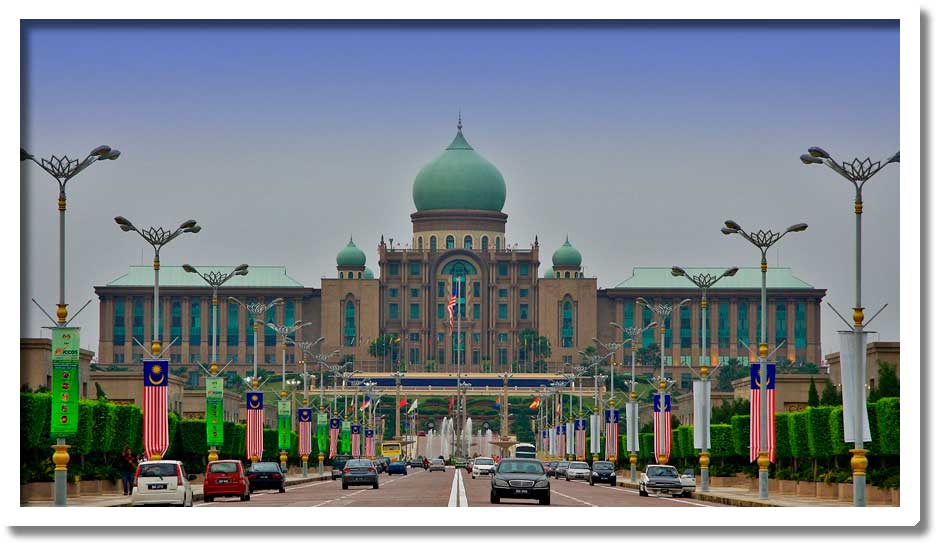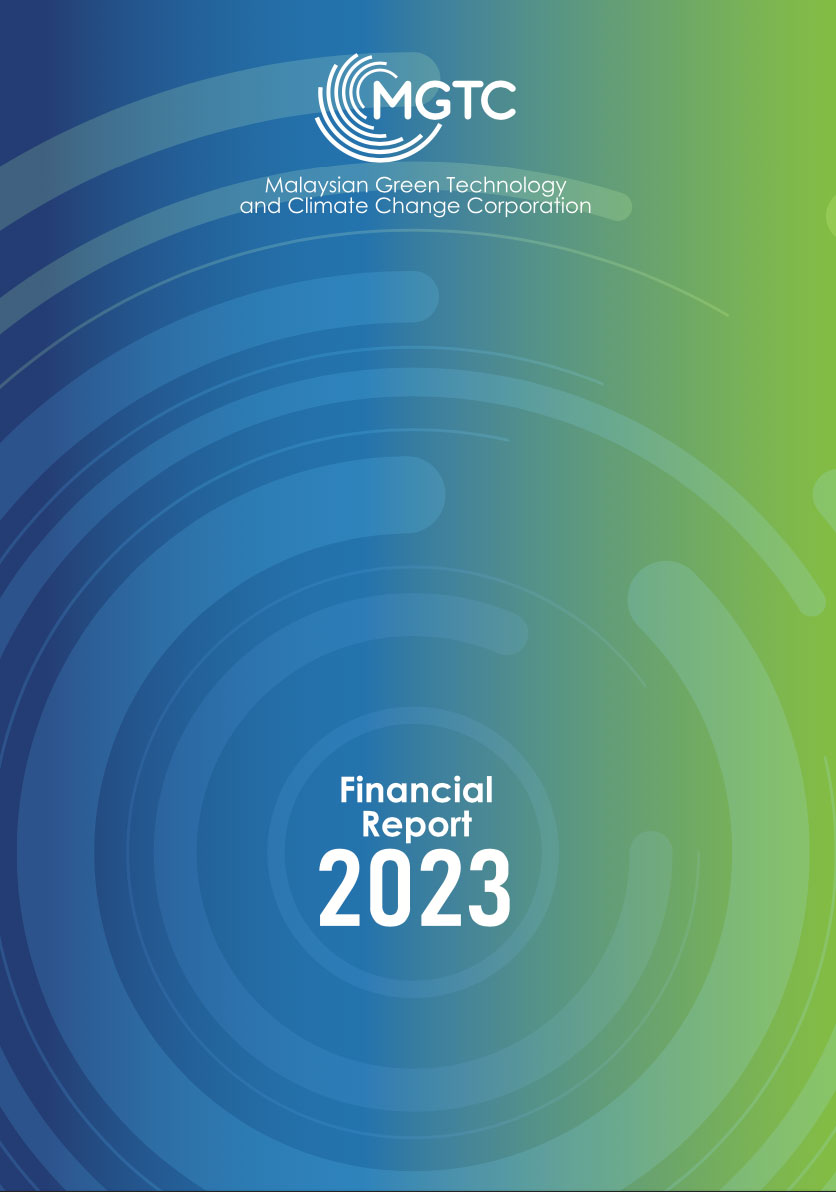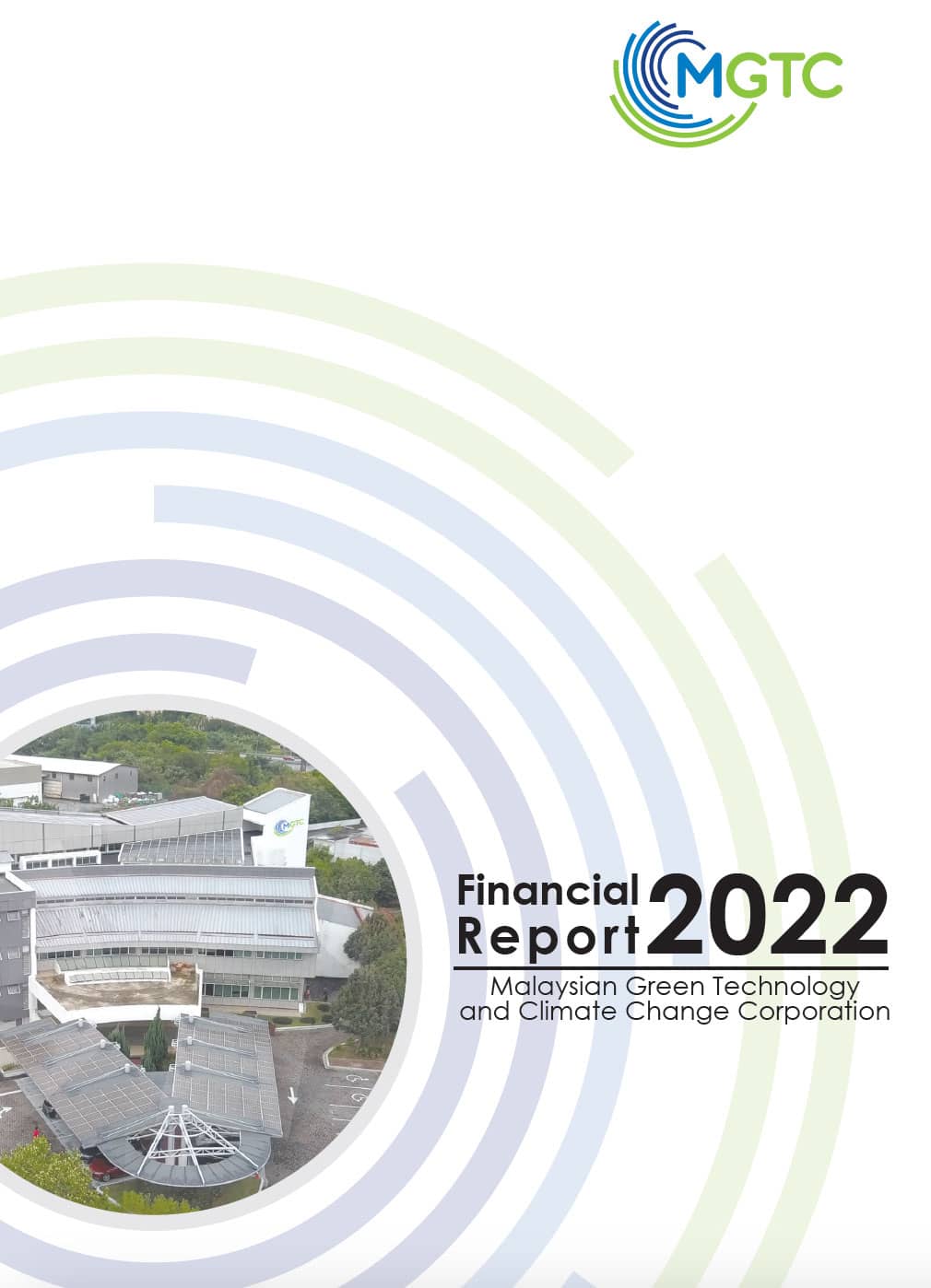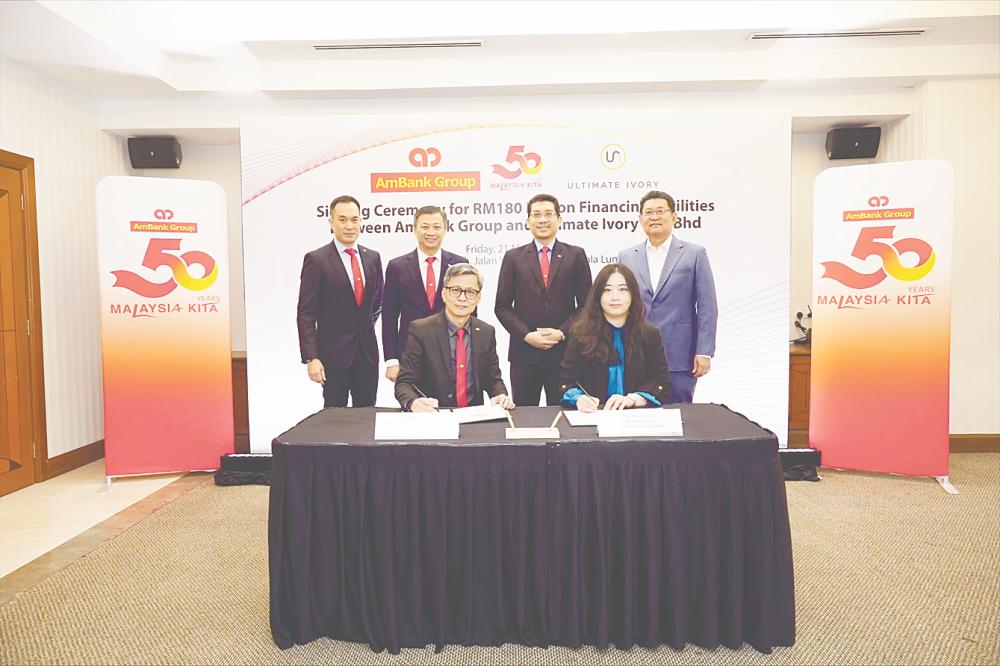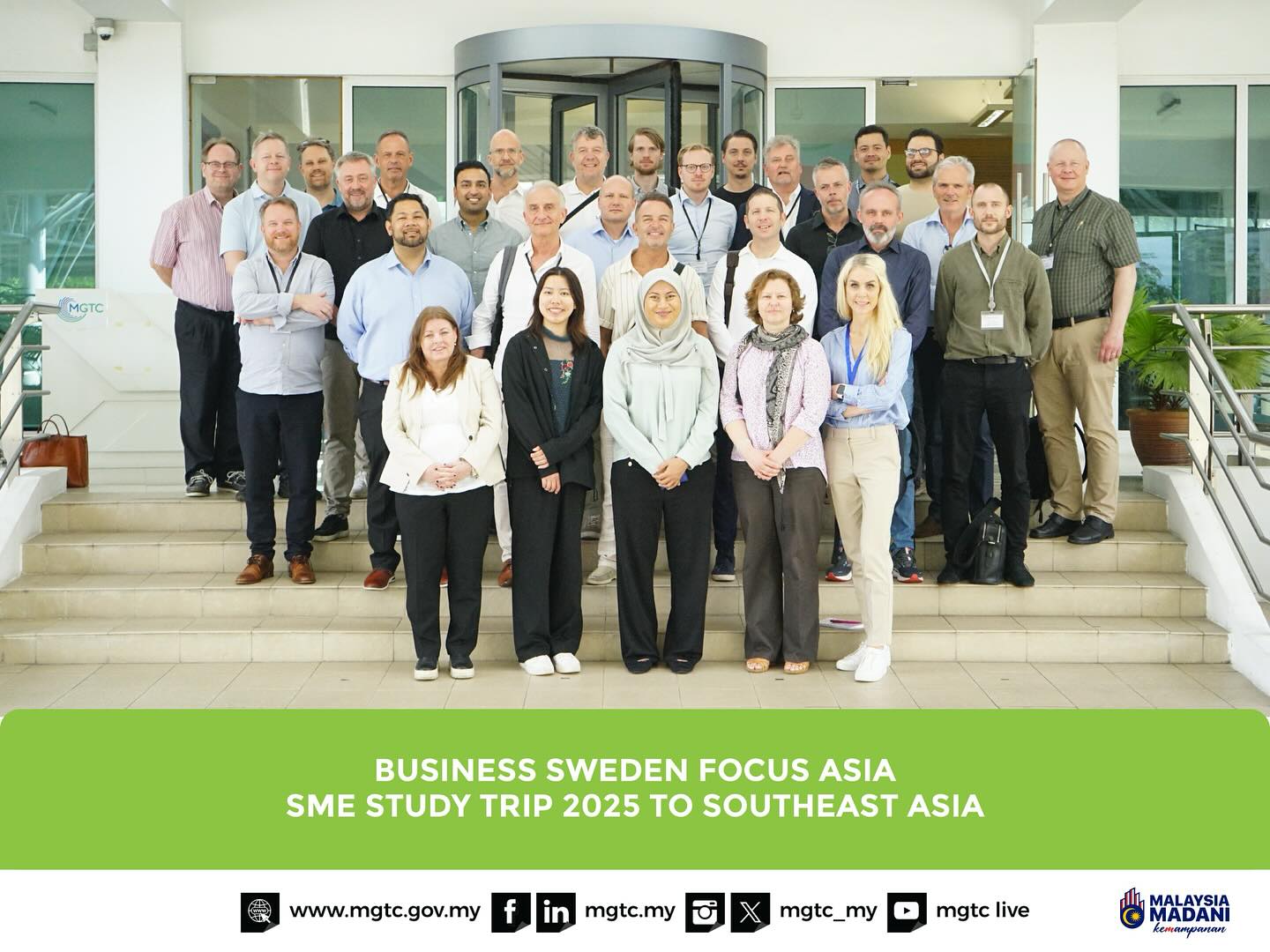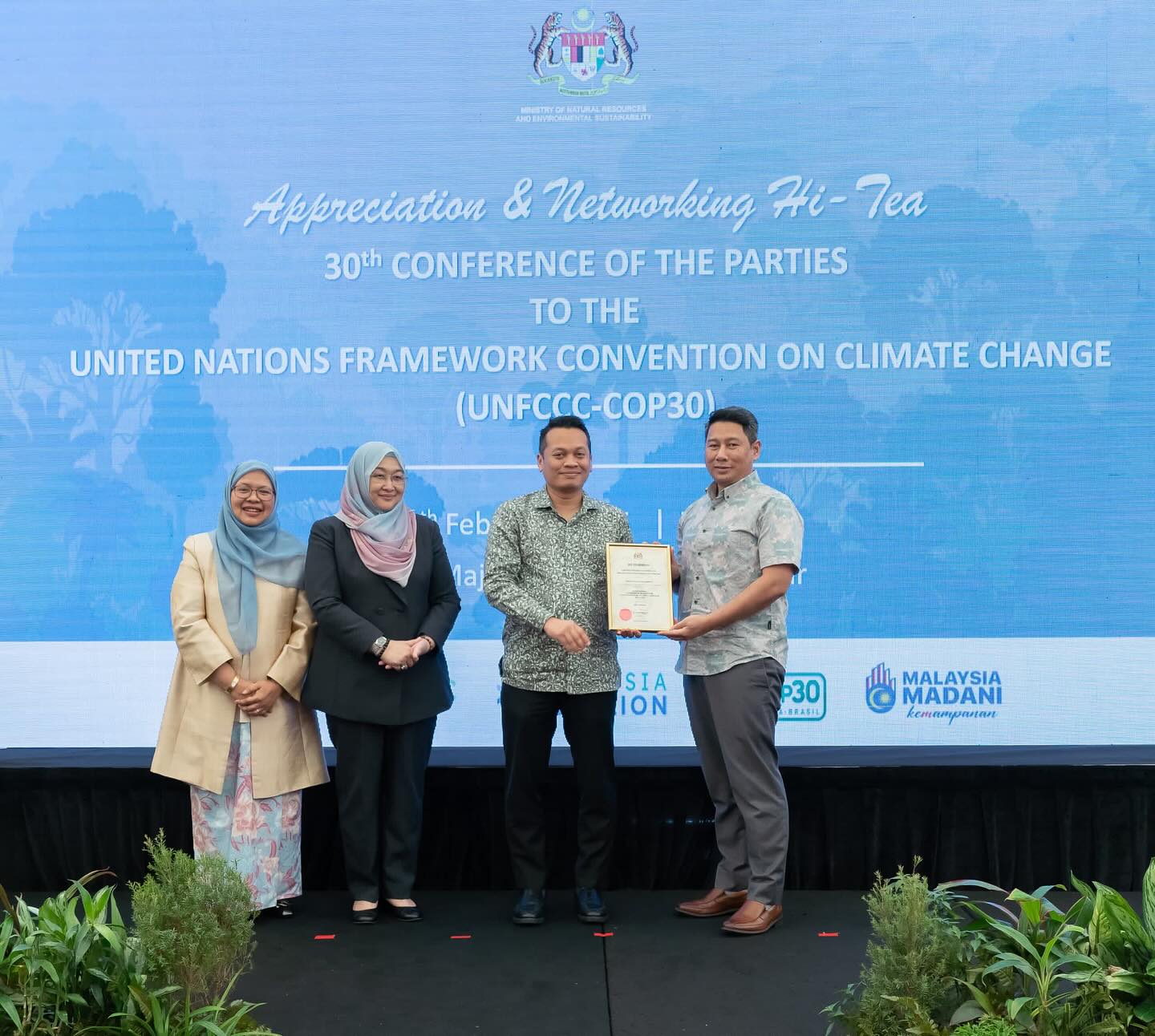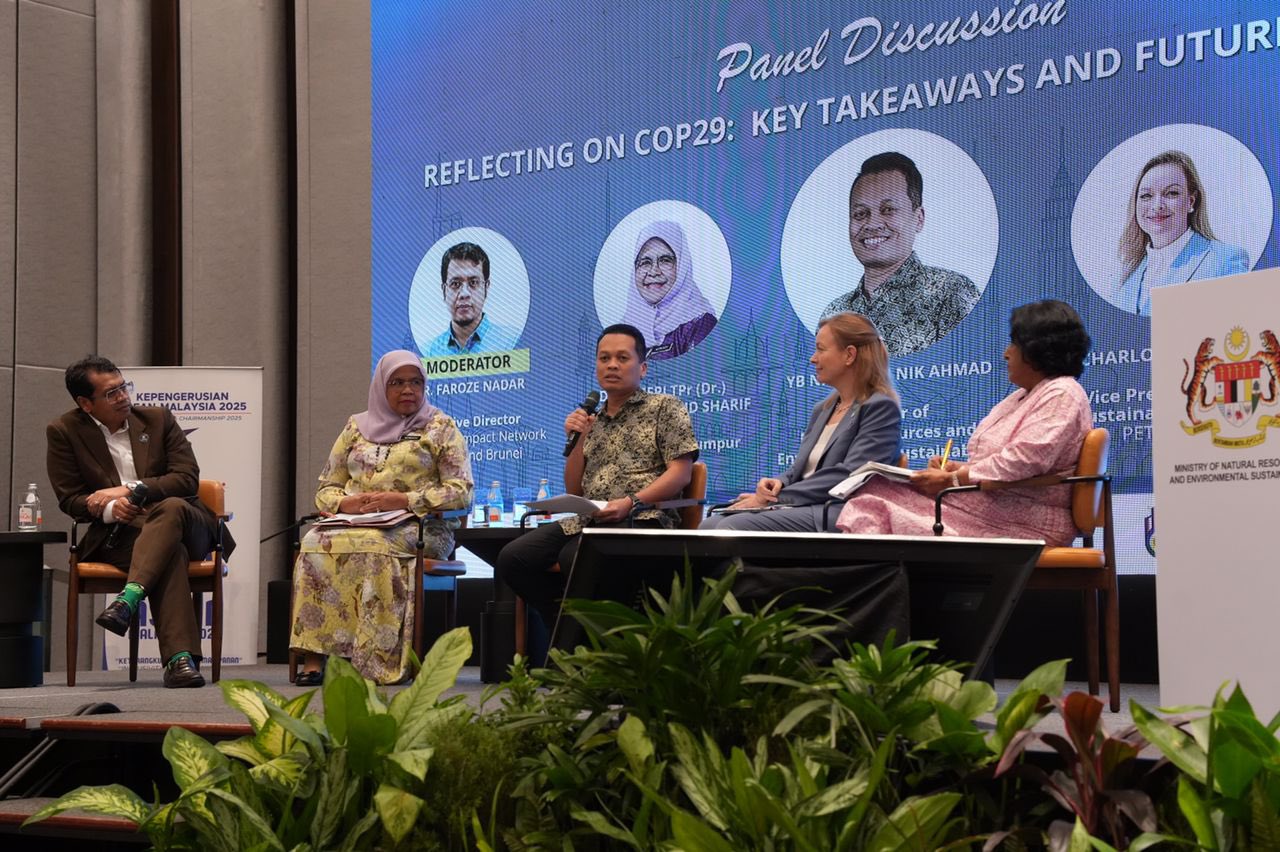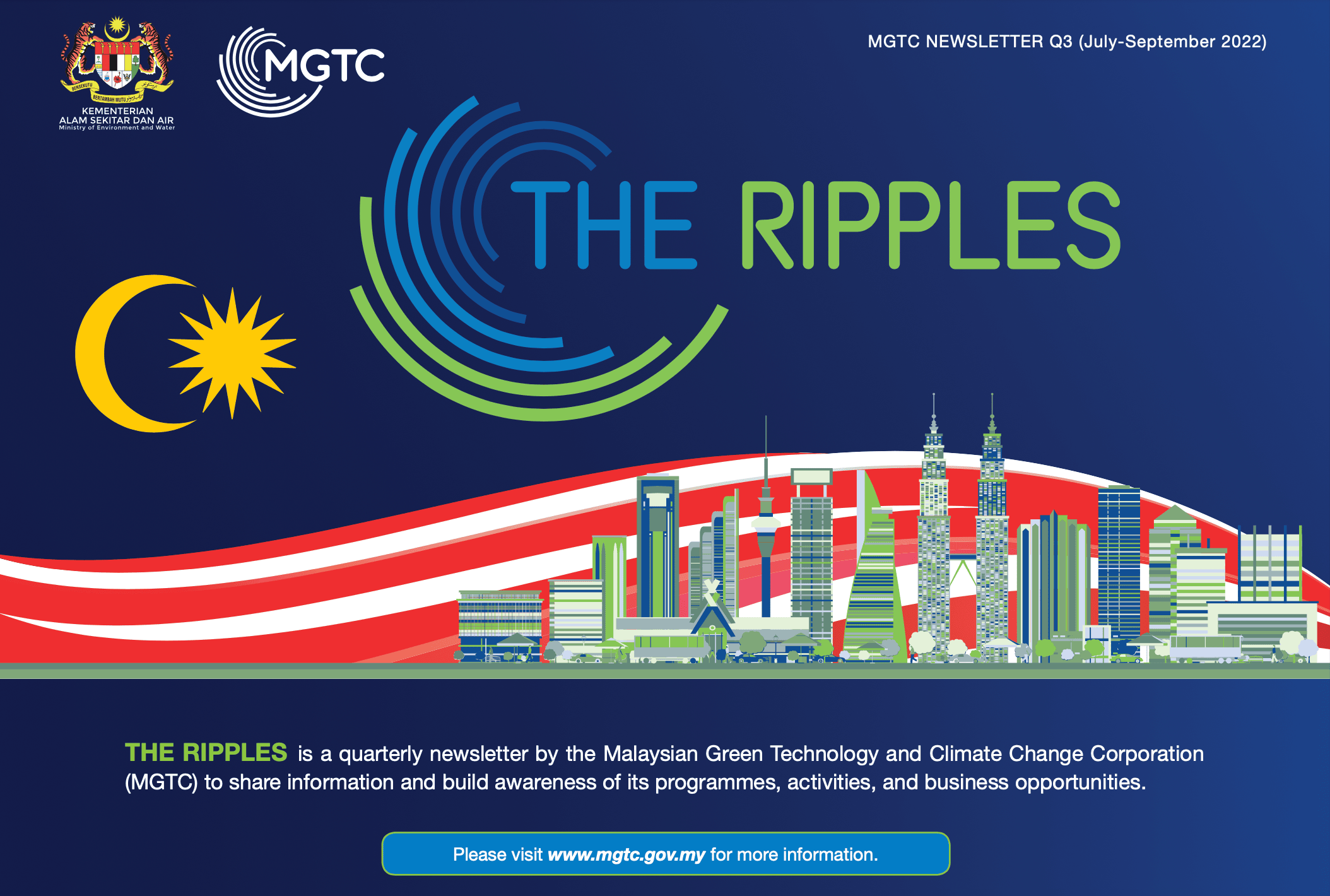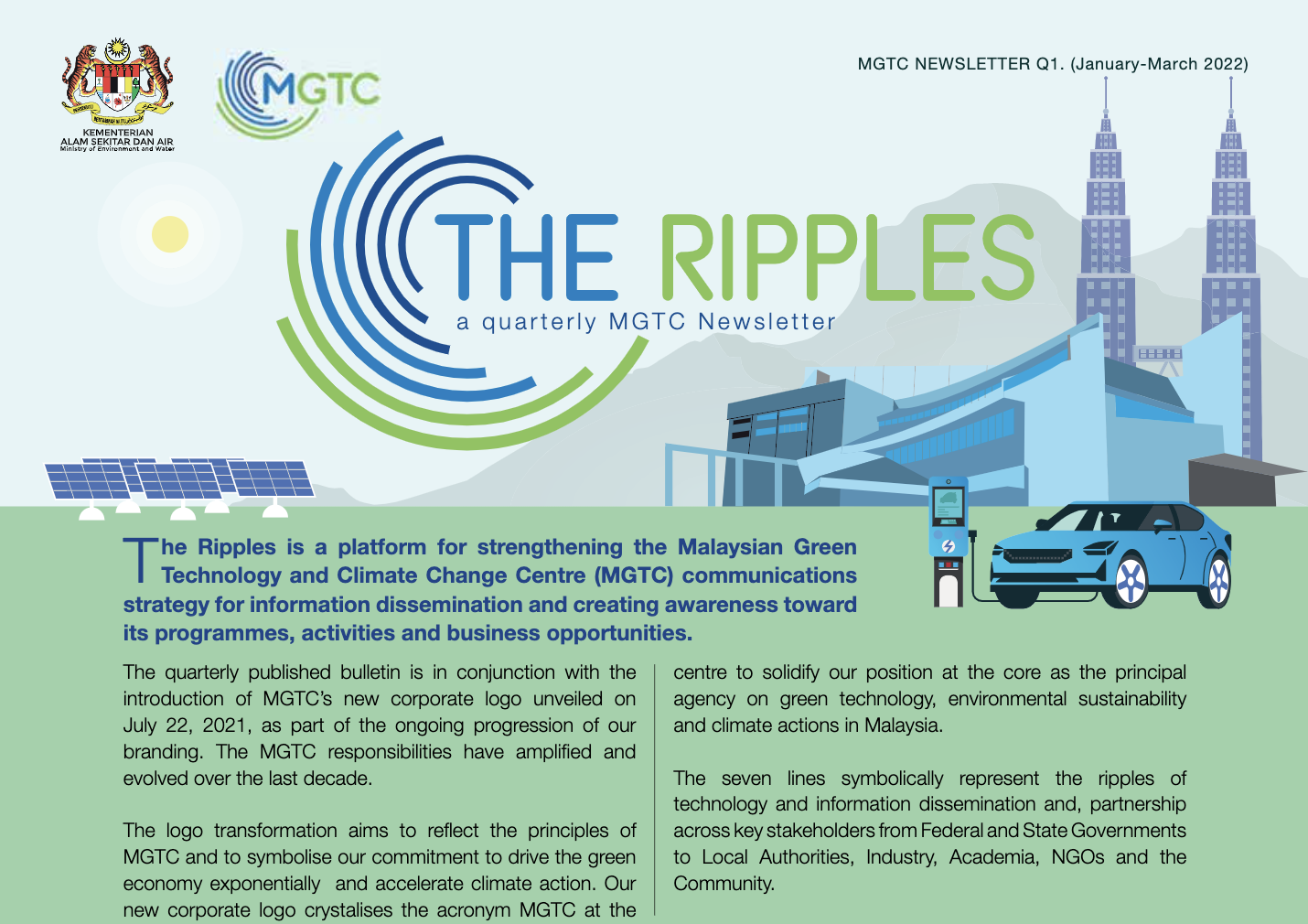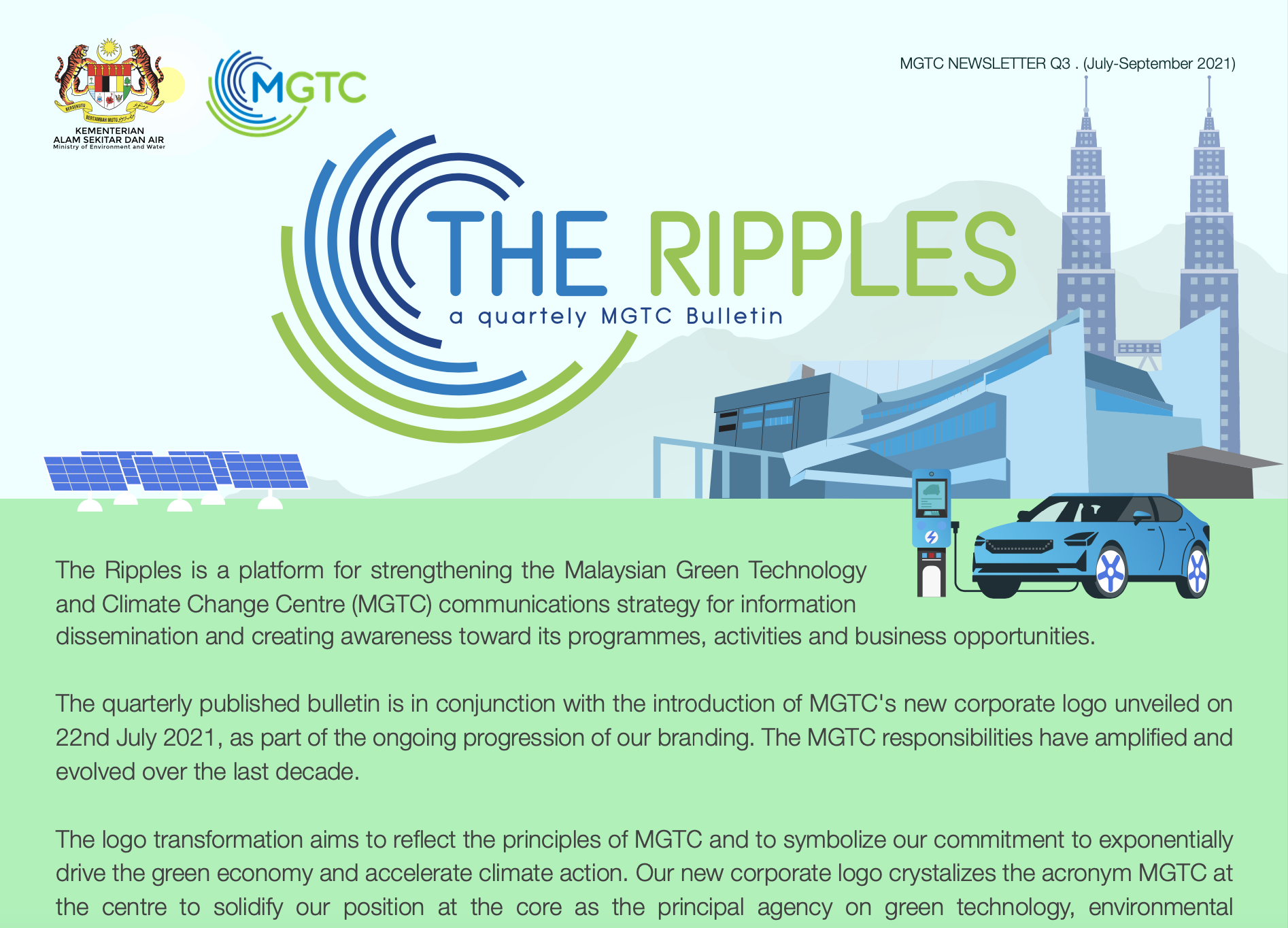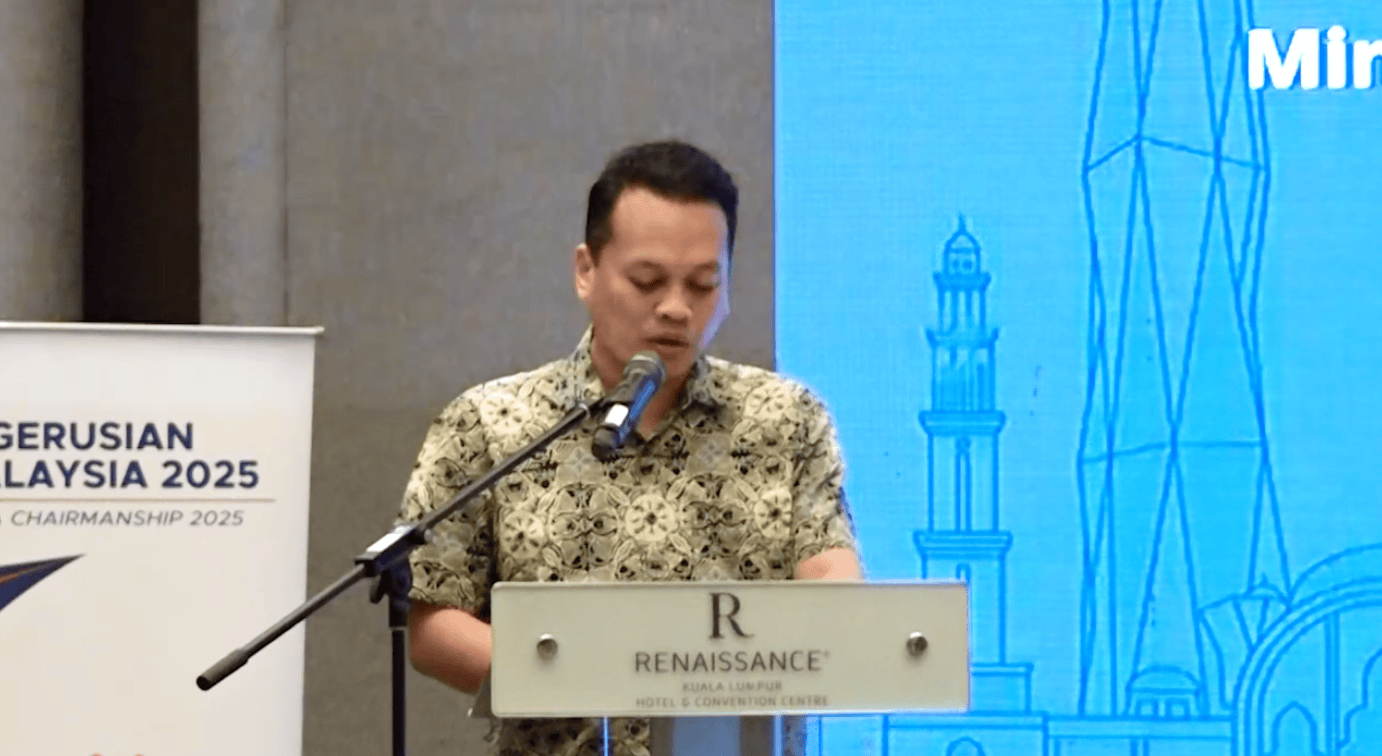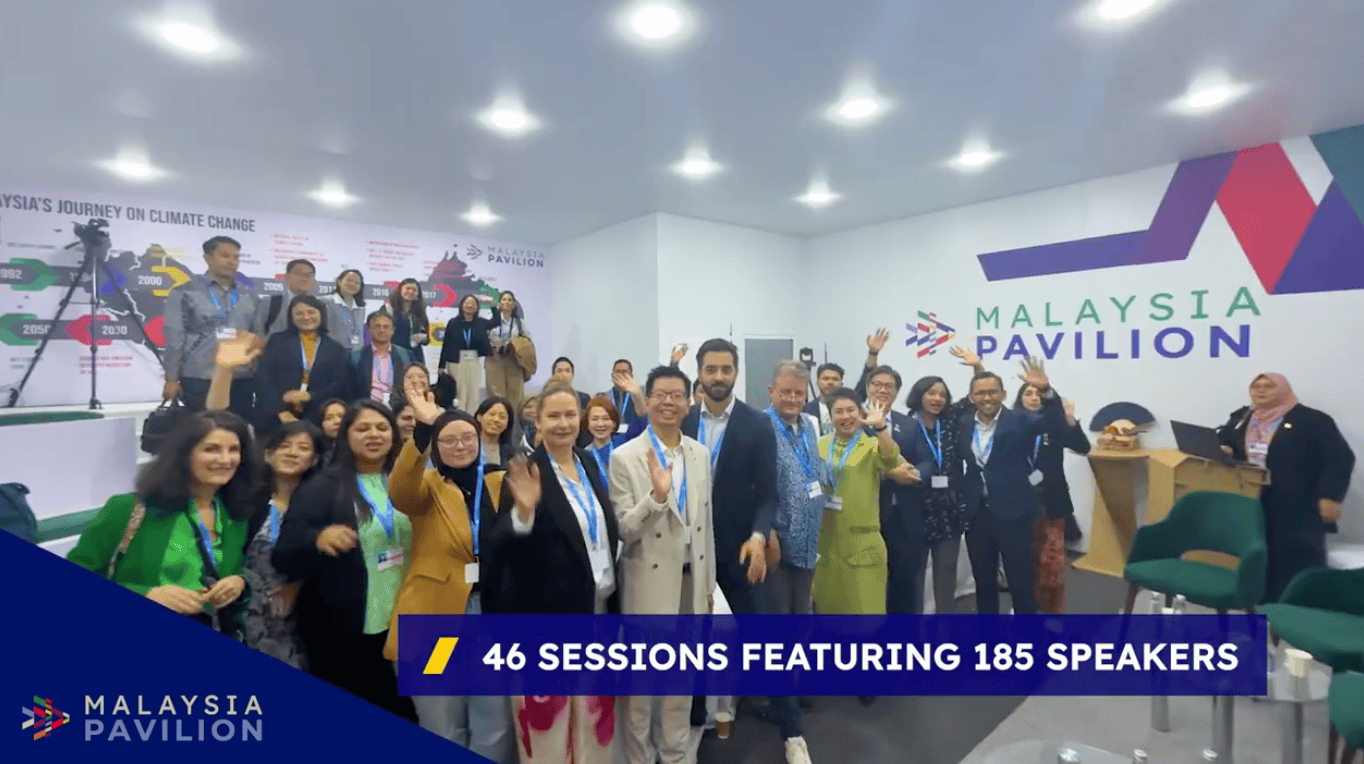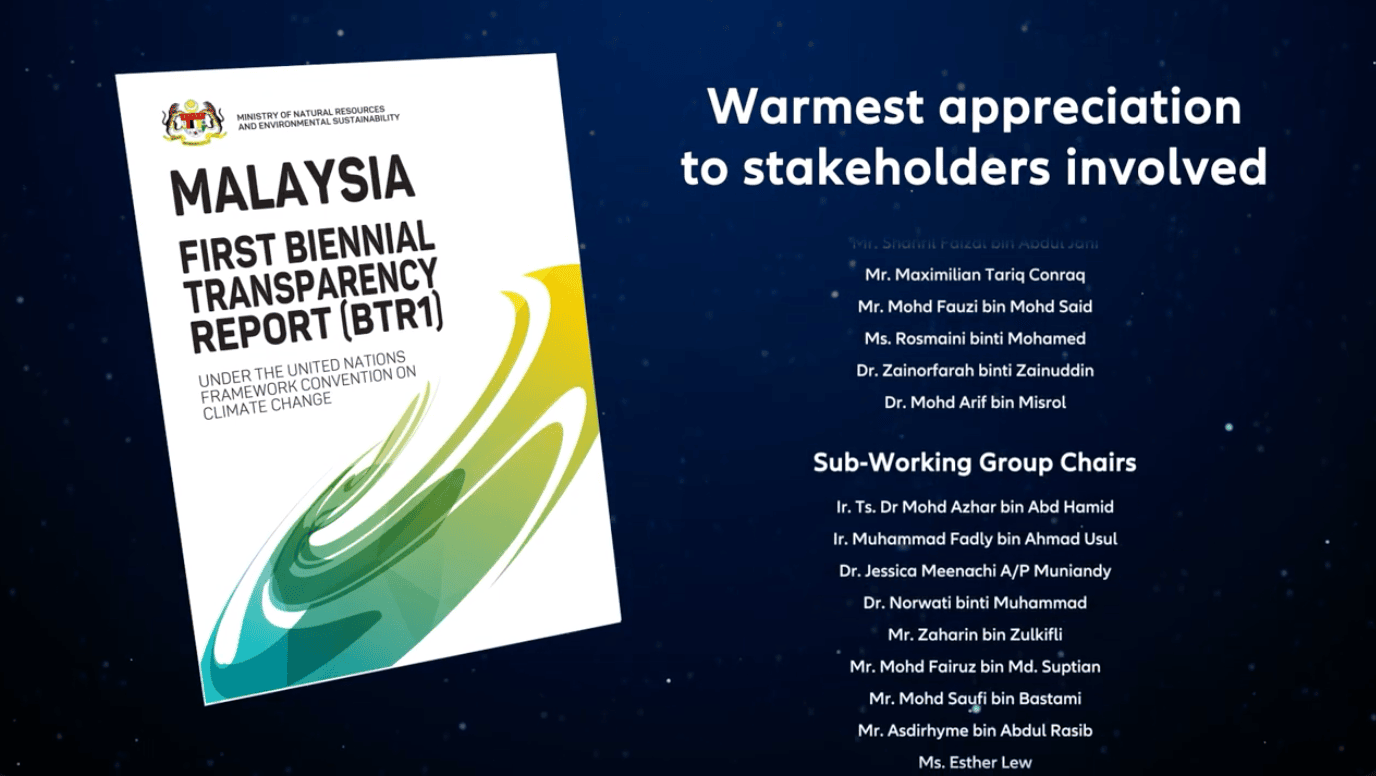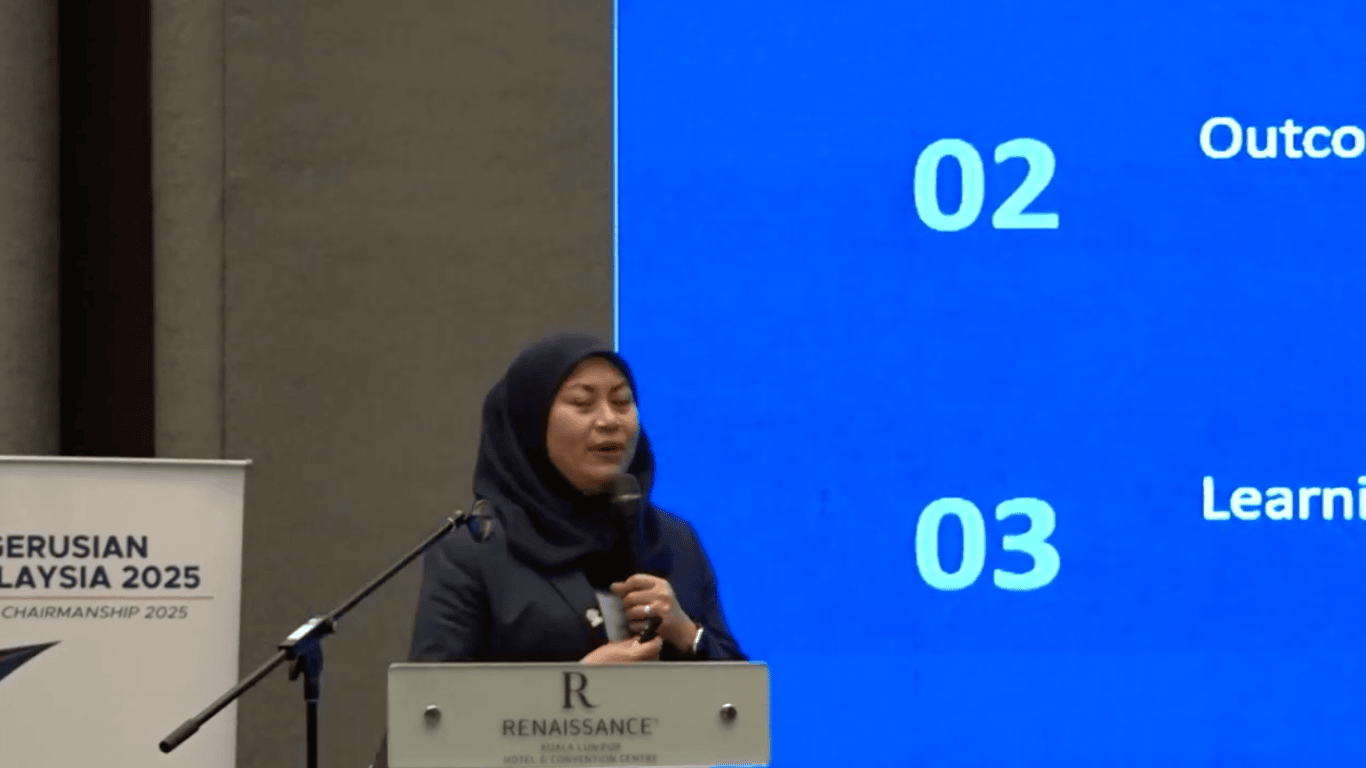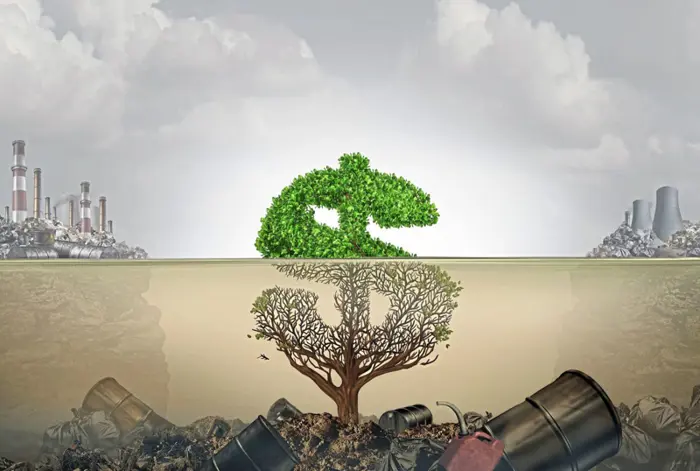
AS Malaysia moves towards a more sustainable future, embracing the principles of a circular economy is becoming a central focus of its growth strategy. Guided by the Twelfth Malaysia Plan (RMKe-12) and aligned with the global Sustainable Development Goals (SDGs), the circular economy emphasises the reuse, recycling, and repurposing of resources.
This approach is vital in reducing the consumption of natural resources and minimising waste throughout the production and consumption cycles. With an ambitious goal of achieving net-zero carbon emissions intensity by 2050, Malaysia is committed to mainstreaming sustainable consumption and production practices, ensuring long-term sustainability for future generations.
The Circular Economy Blueprint for Solid Waste in Malaysia (2025-2035) is designed to catalyse the adoption of circular economy practices. Its success hinges on the active participation and collaboration of all stakeholders to drive initiatives that enhance climate action and reduce environmental impact. The outcomes of these initiatives will contribute to Malaysia’s Biennial Transparency Reports (BTR), a key requirement under the Paris Agreement, coordinated by the Natural Resources and Environmental Sustainability Ministry (NRES).
Towards a circular economyThe Housing and Local Government Ministry (KPKT) has embraced circular economy principles in solid waste management through the Dasar Kebersihan Negara (DKN) 2020–2030. This policy envisions a clean, sustainable, and prosperous nation by fostering cleanliness at all societal levels to protect the environment.

Key to this vision is the transition from a linear to a circular economy, emphasising reducing, reusing, and recycling to minimise waste and maximise resource utilisation. A notable strategy is implementing Extended Producer Responsibility (EPR) to strengthen the solid waste management ecosystem.
Recently, KPKT introduced the Circular Economy Blueprint for Solid Waste in Malaysia (2025-2035) as a comprehensive guide for all stakeholders to drive the nation towards long-term sustainability goals.
This blueprint highlights five Strategic Pillars; Governance and Legislation, Guideline and Procedures, Digitalisation and Technology, Infrastructure and Facilities and Market Creation and 20 Circular Economy Initiatives to spur the implementation of circular economy in solid waste management.
The blueprint outlines 20 key initiatives and enablers designed to accelerate the transition to a circular economy within the solid waste sector. Its success hinges on the active collaboration of diverse stakeholders, including government agencies, private sector entities, non-governmental organisations, academia, and the public.
Currently, KPKT oversees four separate legislations on solid waste management across different states, with no specific act dedicated to the circular economy. While provisions for initiatives like Extended Producer Responsibility (EPR) and the Deposit Refund System (DRS) exist under the Solid Waste and Public Cleansing Act 2007 (Act 672), the Act falls under the Federal Constitution’s Concurrent List, allowing states the discretion to opt out.
Despite this, KPKT remains committed to refining policies and regulations to support circular economy practices. Efforts include conducting comprehensive feasibility studies, updating existing frameworks, and introducing new legislation to address evolving challenges and improve resource efficiency.
Adopting key circular models
To accelerate the adoption of circular economy practices, drive sustainability, reduce waste, and optimise resource efficiency, the blueprint outlines key circular models for the private sector to champion in advancing Malaysia’s circular economy:
> Sustainable Production Inputs: Design durable products aligned with the 9R framework and integrate renewable, recyclable, or bio-based materials into production.
> Shared Use Platforms: Encourage resource optimisation through shared models, such as renting or partnering for machinery and equipment.
> Product-as-a-Service (PaaS): Transition from selling products to offering services or performance-based solutions, reducing material consumption.
> Extending Product Lifespan: Maximise product value through repair, maintenance, refurbishment, resale, or remanufacturing, minimising waste.
> Resource Recovery: Commit to collection, recycling, and upcycling processes to reclaim and repurpose materials effectively.
These efforts collectively support the transition to a more resilient, sustainable, and competitive economy.
From legislation to action
Good governance plays a critical role in the successful implementation and scaling up of circular economy initiatives across all sectors by ensuring that policies are effectively designed, implemented, and monitored. Strategic Pillar 1 (Governance and Legislation) promotes shared responsibility among stakeholders, fosters collaboration to address gaps in the circular economy, and creates opportunities for innovation and sustainability.
There are five initiatives under this pillar: > Strengthen the implementation of the circular economy through legislative transformation. This initiative focuses on two main objectives: streamlining existing legislation and drafting the Circular Economy Act.
> Mandatory implementation of Extended Producer Responsibility (EPR). This places significant emphasis on the producers’ accountability for managing waste throughout the entire lifecycle of their products. This initiative will be rolled out in phases, initially focusing on specific types of waste.
> Establishing the National Circular Economy Association (NCEA). An industry-driven entity, NCEA will serve as a platform for industry players to coordinate and drive circular economy initiatives in Malaysia. Supported by KPKT, the NCEA will develop guidelines and resources, working closely with the National Circular Economy Council (NCEC) at the national level.
> Encourage housing developers to incorporate circular economy facilities in neighbourhoods, enabling residents to easily sort and dispose of recyclables. This initiative reduces landfill waste, promotes environmental sustainability, and fosters a culture of responsibility and waste management awareness within the community.
> Strengthening the Licensing System for the Solid Waste Management Eco-system. This new initiative aims to strengthen the licensing system for solid waste management by ensuring all participants are registered and hold valid licences, creating a more regulated, efficient, and sustainable waste management system.
Additionally, the National Circular Economy for Solid Waste Council (NCEC) has been established to oversee and monitor circular economy initiatives at all levels. Chaired by the KPKT Minister, the council includes federal, state, and local agencies, industry players, academics, and NGOs to accelerate the transition to a circular economy.
Incentivising transformation
Challenges such as economic incentives, regulations, and consumer preferences for traditional linear models hinder the widespread adoption of circular economy practices. To address this, the government will introduce initiatives to support recycling and waste management facilities and collaborate with financial institutions to provide incentives for circular economy investments. This blueprint serves as a foundation for developing new financial instruments to encourage industry-wide adoption of circular business models.
Currently, the government offers various funding mechanisms, such as the Green Technology Financing Scheme (GTFS) managed by the Malaysian Green Technology And Climate Change Corporation, and tax incentives like Green Investment Tax Allowance (GITA) and Green Income Tax Exemption (GITE) through the Finance Ministry.
Budget 2025 also includes tax relief for food waste composting machines for households, with a RM2,500 rebate, complementing programmes like Black Soldier Fly (BSF) larvae composting to tackle food waste.
The blueprint will further target incentives for small and medium-sized enterprises (SMEs), vital to Malaysia’s economy. A key initiative is the Low Carbon Transition incentive, promoted by Bank Negara Malaysia, to encourage financial institutions to support companies in adopting circular economy practices. KPKT aims for the blueprint to help SMEs transition to sustainable practices, drive innovation, improve resource efficiency, and strengthen their global position in the circular economy.
In conclusion, the blueprint for Circular Economy in Solid Waste in Malaysia is a living framework, continuously adapting to new challenges and opportunities. Achieving success in circular economy and decarbonisation efforts depends on ongoing, strategic collaboration among a wide range of stakeholders.
KPKT provides a holistic, integrative, and forward-thinking framework to position Malaysia as a leader in sustainable waste management. However, the success of this ambitious effort relies on collective action – only through collaboration can the vision of a sustainable, circular economy become a reality.
Sumber: The Star





